Believing that journalism is the most noble profession, before passing away, journalist Hoang Tung only requested that the words "Deeply mourn Journalist Hoang Tung" be written above his coffin, instead of all the positions he had held, such as: Secretary of the Hanoi and Hai Phong Party Committees, Member of the Northern Region Party Committee, Deputy Head of the Central Organization Committee, Head of the Central Propaganda Committee, Secretary of the Party Central Committee in charge of ideological work,... Having learned journalism in prison, he was a "giant" of Vietnam's revolutionary journalism, having been Editor-in-Chief of Nhan Dan Newspaper for 30 years and being the sharpest political writer in our country's journalism, with thousands of articles.
In every flow of life, journalists are always the first to arrive and the last to leave between events. There are manuscripts sent to the editorial office that still smell of gunpowder, which are the products of war correspondents, who braved death amid the rain of bombs and bullets to work in the great wars of national defense. To have hot footage of life, journalists accept threats to their lives, such as when reporting on the recent COVID-19 pandemic. Many journalists are willing to rush into hot spots to prevent crime, floods, natural disasters, etc. to quickly deliver the hottest and most complete information to readers and viewers.
Only passion for the profession can do that and in return, those things create great value for the work and the writer's name. Journalists are not only "secretaries of the times" but through their writings they guide and guide public opinion, especially when facing new issues or when there are many different opinions. Their contributions have contributed to writing the golden pages of the history of Vietnam's revolutionary press over the past 100 years. Journalists today must know how to keep the fire burning in their profession to promote that tradition, which is a responsibility and also a gratitude to the previous generation.
Being a journalist means experiencing, learning many good things, the truths through each trip and growing up thanks to that, enriching the soul from that. This is what makes this hard, dangerous profession honored by society and pursued by many people, especially the young generation. Journalists in the time when technology was not yet developed, worked hard but had fun. Going to the base on a broken bicycle, writing articles on paper, then finding a place to fax them to the editorial office was not easy, so viewers and readers could feel the strong smell of sweat of the person who made it.
Now that technology is developing at a rapid pace, journalists can sit in a cool air-conditioned room, search for information online, even set a few prompts for AI (artificial intelligence) and add some seasonings to create an article without breaking a sweat. No one can deny the remarkable achievements of technology and its great value. If you don’t know how to make the most of the advantages of technology, especially for journalists, you will be left behind.
But if we keep abusing technology, sooner or later we will lose the interest in reading, listening, seeing, and thinking of the profession and gradually our creativity will be stunted. Thus, the article will only be a dry, cold information of a “journalist”, not a journalist (the word “person” is capitalized as Gorky said - an outstanding writer of 20th century Russian literature).
Speaking of the profession, many journalists will surely remember the advice of the late General Secretary Nguyen Phu Trong, writing is an art, must "write the truth in an inspiring way". The ultimate principle of revolutionary journalism is to respect the truth, write the truth with the correct political perspective and the purpose of the newspaper. That truth must be beneficial to the people, to the country, in accordance with the fine customs of the nation, expressed through the emotional pen of the author, then the article will touch the hearts of readers, will stay in their minds. Without passion for the profession, without passion, it is difficult to have journalistic works like that.
Every profession has its own joys and sorrows that only those involved can understand. In the current context, the press is under certain pressure from social networks, with just a smartphone, anyone can post on the internet from small to big stories, happy or sad in bustling cities or deserted villages. Especially the revolution of streamlining the organizational apparatus, many press agencies merged, directly affecting everyone's work and life.
“Only gravelly soil can produce golden eels”, “One job to live, many jobs to die” – our ancestors often say so. Only by living and dying with the job can we hope to succeed. Consider difficulties as opportunities to affirm and overcome ourselves. Keep the flame of passion for the job in every writer’s heart and fan it during work. Just read, go and go, learn, think and then write.
Writing with all the responsibility and feelings of a writer will create emotions and foster passion. Nothing comes naturally. Without passion, everything becomes bland. Passion for the profession is like a boat that takes us through the storms, like a companion that helps us succeed in our work.
With journalism, it is even more so, we must keep the passion for the profession to engrave into the flow of the country's press the historical pages bearing the mark of the digital age and the era of national development. That is the happiness of those who work in the profession.
North Van
Source: https://baoquangtri.vn/giu-lua-dam-me-voi-nghe-bao-194478.htm





![[Photo] General Secretary To Lam attends the 80th Anniversary of the Cultural Sector's Traditional Day](https://vphoto.vietnam.vn/thumb/1200x675/vietnam/resource/IMAGE/2025/8/23/7a88e6b58502490aa153adf8f0eec2b2)
![[Photo] Prime Minister Pham Minh Chinh chairs the meeting of the Government Party Committee Standing Committee](https://vphoto.vietnam.vn/thumb/1200x675/vietnam/resource/IMAGE/2025/8/23/8e94aa3d26424d1ab1528c3e4bbacc45)







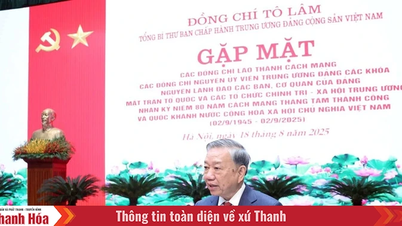


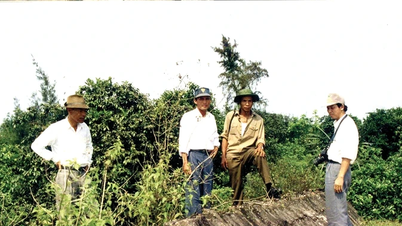
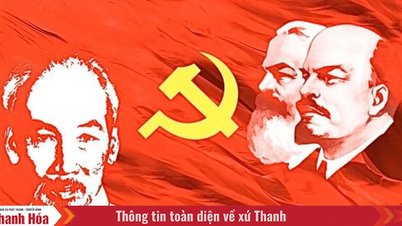
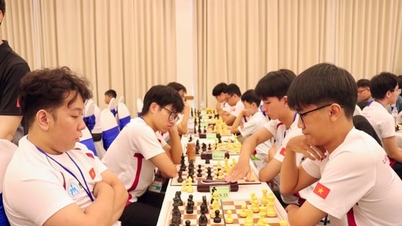








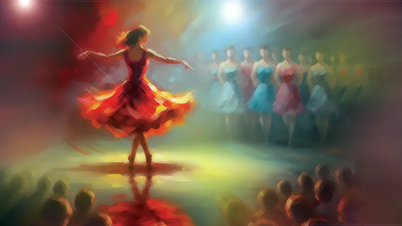







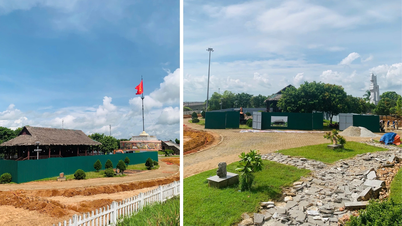

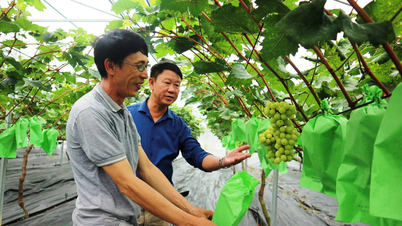
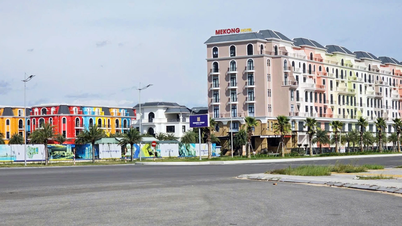














































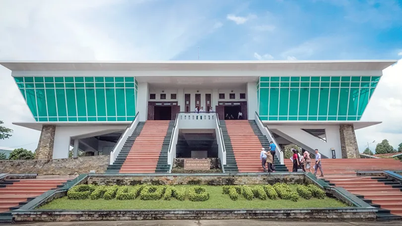


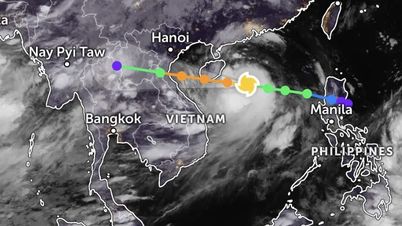














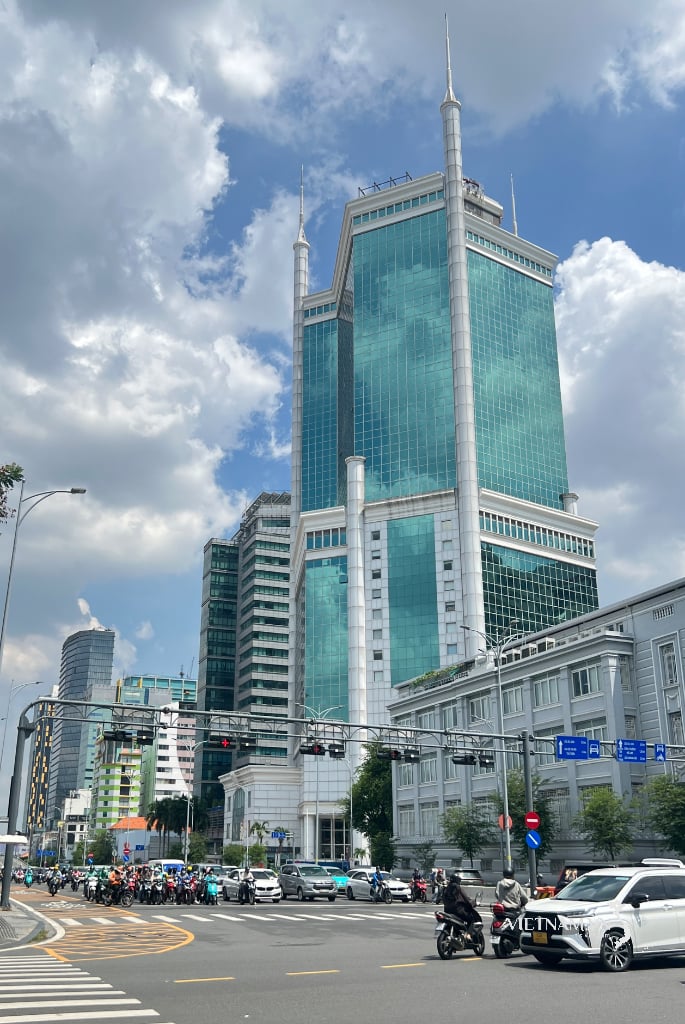



Comment (0)